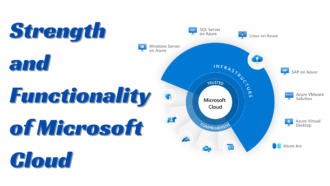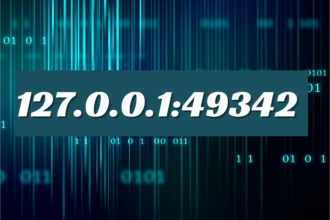The Brief Guide That Makes Storing Confidential Data Safe and Secure
It’s no secret that small businesses are a prime target for online hackers. 76 percent of small businesses in the U.S. have experienced a data breach.
If your small business has never been hacked, you might think you’re safe. After all, why should hackers come after a small business instead of going after big corporations where they can make a lot more money? Well, small businesses have their guard down, making them an easier target.
It’s your responsibility to ensure confidential data isn’t stolen in a breach. If that happens, your business could not only lose valuable data but also expose itself to liabilities. Customers can sue you for mishandling their data.
In this article, we’re sharing some of the top ways to protect sensitive data. Let’s dive in!
Know the Type of Data You Need to Protect
Not all data your business collects is confidential. Such information can be left unprotected, but this means you need to know what kind of data qualifies as sensitive or confidential.
For starters, all customer data, including names, addresses, and bank card details is confidential data. Employee data is also confidential. In fact, hackers can target employee data and use it to log into critical business systems, from where they can access customer data. Be sure to get the facts about the need to keep employees’ credentials super-safe.
Business secrets, such as contracts, patents, and product formulas, are also sensitive information.
Identifying the data you need to protect enables you to avoid honest mistakes that can result in data breaches. If you don’t know that employee data is sensitive, for instance, you can leave it unprotected just because you didn’t think it’s important to protect it.
Encrypt Your Digital Devices
Most small businesses store confidential data on-site. Picture the office computers, flash disks, and other devices that have customer and employee data.
Encrypt any device that hosts your data. Encryption ensures that the data will be inaccessible if the devices get into the wrong hands. The good news is most modern computers come with in-built encryption tools. If you’re using Windows PCs, for instance, there’s BitLocker. Apple computers have FileVault.
Ensure you’ve turned on encryption services on your devices. If it’s turned on by default, don’t turn it off unless you have a technically-valid reason to do so.
If you’re storing data on external disk drives, encrypt them as well. There are lots of third-party software that’ll enable you to encrypt the disks.
Institute Proper Access Controls
Your employees are the biggest weak point in data protection.
There are a number of steps you can take to ensure your employees don’t put confidential data in danger. One of the most important steps is instituting proper data access controls. Not everyone in your company should have access to confidential data. Your systems should allow only authorized personnel to access the data.
Keep Confidential Data Safe
The consequences of a data breach include a total business shut down within six months. Don’t let this happen to your business. There are several measures you should implement to keep confidential data private.
Start with the measures outlined above and keep reading our blog for more tips.

















